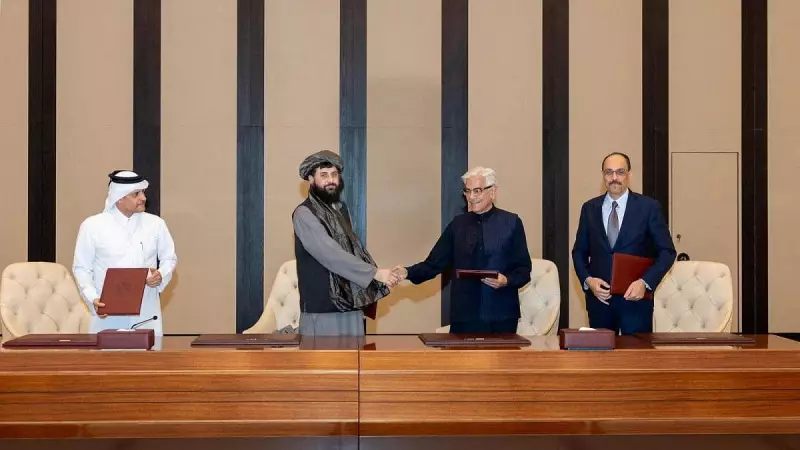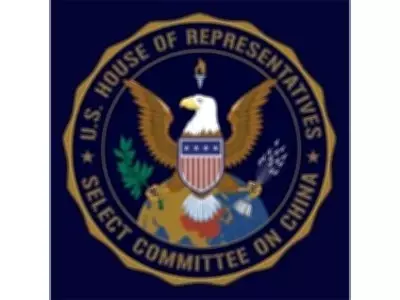
In a major diplomatic development that could reshape regional dynamics, Pakistan and Afghanistan have reached a crucial agreement to resume high-level political talks. This decision comes after months of strained relations and marks a potential turning point in bilateral engagement between the two neighbouring countries.
A Fresh Start for Neighbouring Nations
The breakthrough occurred during a high-profile meeting between Pakistan's special envoy on Afghanistan, Asif Durrani, and Afghanistan's acting foreign minister, Amir Khan Muttaqi, in Kabul. Both sides demonstrated a renewed commitment to addressing longstanding issues through dialogue rather than confrontation.
Key Discussion Points and Mutual Concerns
The comprehensive agenda for the upcoming talks includes several critical areas of mutual interest:
- Cross-border security cooperation and counter-terrorism efforts
- Trade facilitation and economic partnership enhancement
- Management of regional refugee movements
- Implementation of joint infrastructure projects
- Coordination on regional diplomatic initiatives
Historical Context and Recent Challenges
Relations between Pakistan and Afghanistan have experienced significant turbulence in recent years, particularly following the Taliban's return to power in 2021. Cross-border skirmishes, security concerns, and diplomatic spats had created substantial obstacles to meaningful dialogue.
The decision to resume talks signals a mutual recognition that continued estrangement serves neither country's interests. Both nations face common challenges that require coordinated responses, from economic stability to security threats.
Regional Implications and International Response
This diplomatic thaw has broader implications for South Asian geopolitics. Neighbouring countries and international observers are closely monitoring these developments, recognizing that improved Pakistan-Afghanistan relations could contribute to regional stability.
The international community, particularly countries with strategic interests in South Asia, views this rapprochement as a potentially positive development in addressing regional security concerns and humanitarian issues.
Path Forward and Expected Outcomes
While significant challenges remain, the commitment to renewed dialogue represents an important first step. Diplomatic sources indicate that working groups will be established to address specific issues, with regular ministerial-level meetings planned to monitor progress.
The success of these talks could pave the way for enhanced economic cooperation, improved security coordination, and potentially more stable border management between the two nations.





